Established on April 1, 1966, NIDA is an institution for higher education under the Office of Higher Education Commission, Ministry of Education.
History of NIDA

Established on April 1, 1966, NIDA is an institution for higher education under the Office of Higher Education Commission, Ministry of Education. At its infancy, NIDA received initial help from the Faculty of Political Science, Thammasat University, Department of International Affairs, Ford Foundation, and Midwest University Consortium for International Affairs (MUCIA), acquiring a portion of educating and training programs from Office of National Economic and Social Development.
At present, NIDA has transformed from “government agency” to an institute for higher learning under the affiliation of Ministry of Higher Education, Science, Research and Innovation. The Institute in 2019 was announced for an autonomous university status in the Royal Gazette issued under No. 136 Clause 50 ก dated April 16, 2019, page 117-207.
NIDA in Remembrance
With special interest in economic development, King Rama IX in 1960 had discussed with Mr. David Rockefeller the improvement and development of national statistics, which was deemed highly important for national development. Eventually, the idea was materialized and proposed under the establishment of Graduate Institute of Development Administration (GIDA).
Later on, the Government constituted a commission to consider creating an institution for higher education in management and national development. The Commission’s decision to establish the Institute for Development Administration offering master and doctoral degrees, training, and research which was based on the GIDA project conceptualized by Dr. Stacey May, was then put forward to the Cabinet.
Afterwards, just as known today, the Institute was named National Institute of Development Administration (NIDA).
Resolution, Vision, and Mission

NIDA council convened on June 29, 2022 at the 6th meeting of 2022 and approved the five-year strategic development plan (2023 – 2027) as follows:
Philosophy
The Birth of “Wisdom”
Over the past 15 years, NIDA’s philosophy “Wisdom for Change” had transformed into “Wisdom for Sustainable Development” as the Institute realizes that NIDA must further reflect its role to encompass, in addition to change, wisdom for sustainable development in the society in the international stage. This comprises three main roles: first is creating societal wisdom and development; second is cultivating global leaders for the 21st century; and three is providing social contributions.
Resolution
Conceived by H.M. King Bhumipol Adulyadej (King Rama IX), NIDA has therefore strictly adhered to the royal speech given at the Institute’s very first commencement ceremony for graduation on November 19, 1970 as the guiding principles for transferring knowledge and integrity for the creation of wisdom, conscience, social responsibility, and public accountability. These principles aim to create continuous development, concentrating on high quality education and ensuring that Thailand has the capabilities and potential in handling global changes and competitions.
Mission Statements
To realize NIDA’s vision, the missions that must be accomplished are the following:
- Cultivate leaders with wisdom and integrity for national development.
- Create knowledge and research in development administration.
- Provide valuable academic services for national development.
- Promote value and mindset for national development on the strong foundation of Thailand’s art and culture.
- Promote good governance focusing on development and citizen participation.
- Contribute to society for sustainable development.
Vision
International Institute for Societal Wisdom and Cultivation of Leaders for Sustainable Development”
The vision transpires onto three expected outcomes:
- Wisdom for Sustainable Development
- Leaders for Future Changes
- Contributions for Community and Society
Strategies and Goals
Core Competencies
“Excellence in development administration that responds to the development of organization, community, and society at both national and international levels.”
Authority and ResponsibilityEstablished by H.M. King Bhumipol Adulyadej (King Rama IX) who foresaw the significance of higher education in the country in the administration of national development, NIDA aims at educating, training, building, developing, integrating, applying, and disseminating knowledge and research, and offering academic services in development administration and its related fields.
NIDA’s International Partner and Collaboration

““Moving forward to the international stage with professionalism and strategic partnership””
NIDA’s international unit is a supportive liaison function responsible for facilitating communications and cooperation with external entities and institutions, both domestic and international, in academic programs and research.
- Oceania
- Africa
- Europe
- America
- Asia

, Banner CDS-4.jpg)







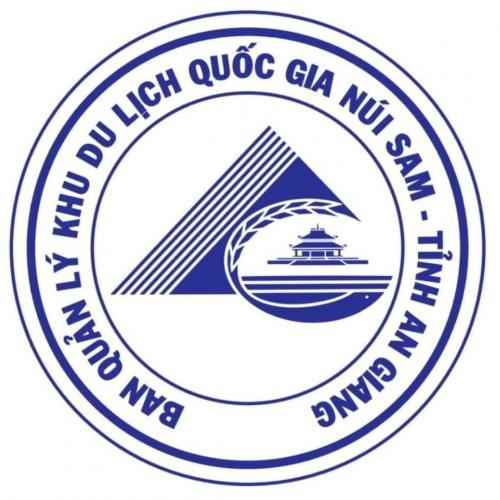

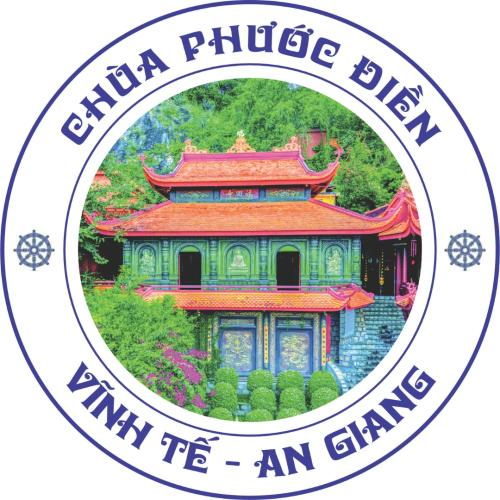
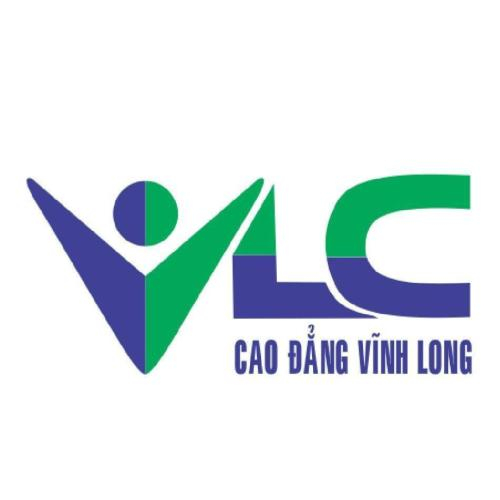
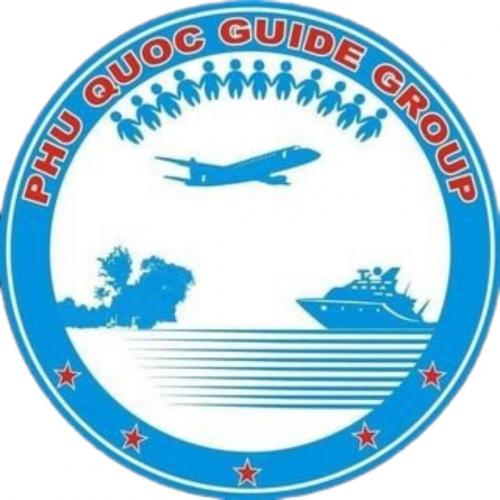

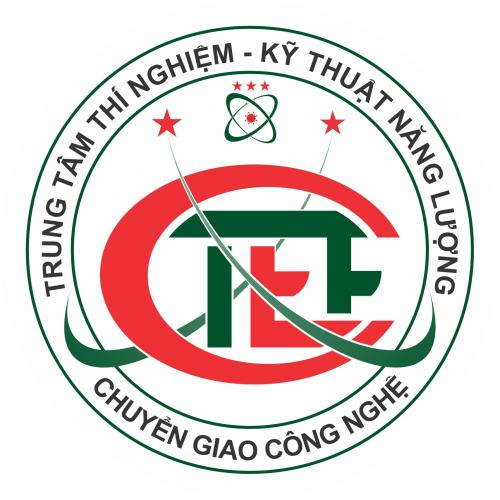
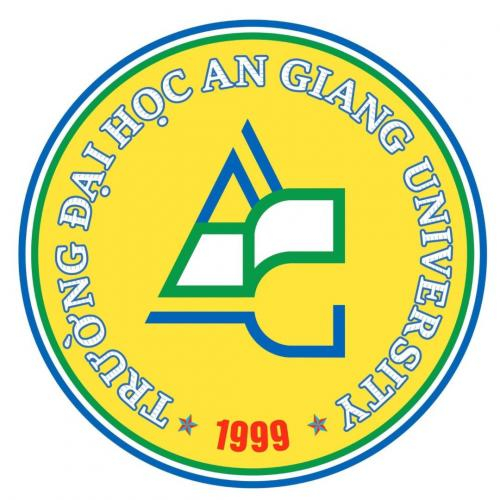

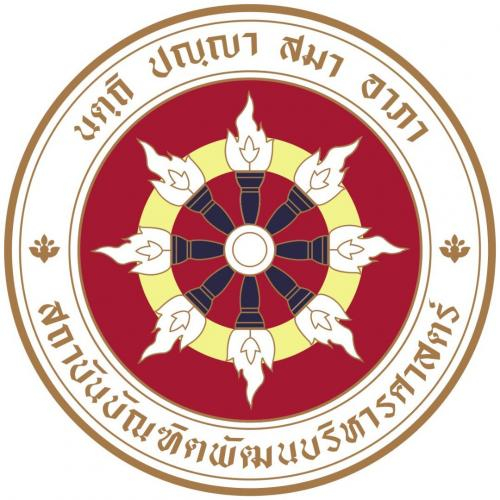

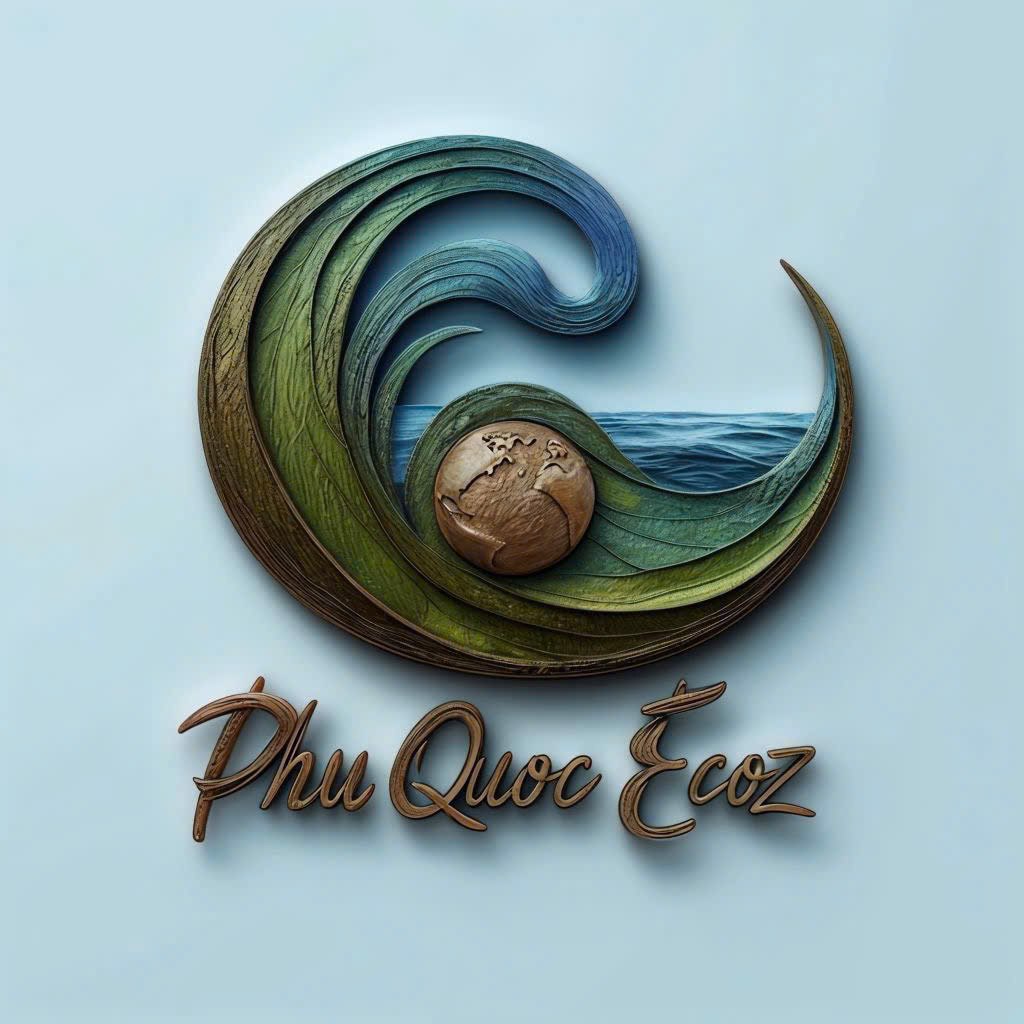

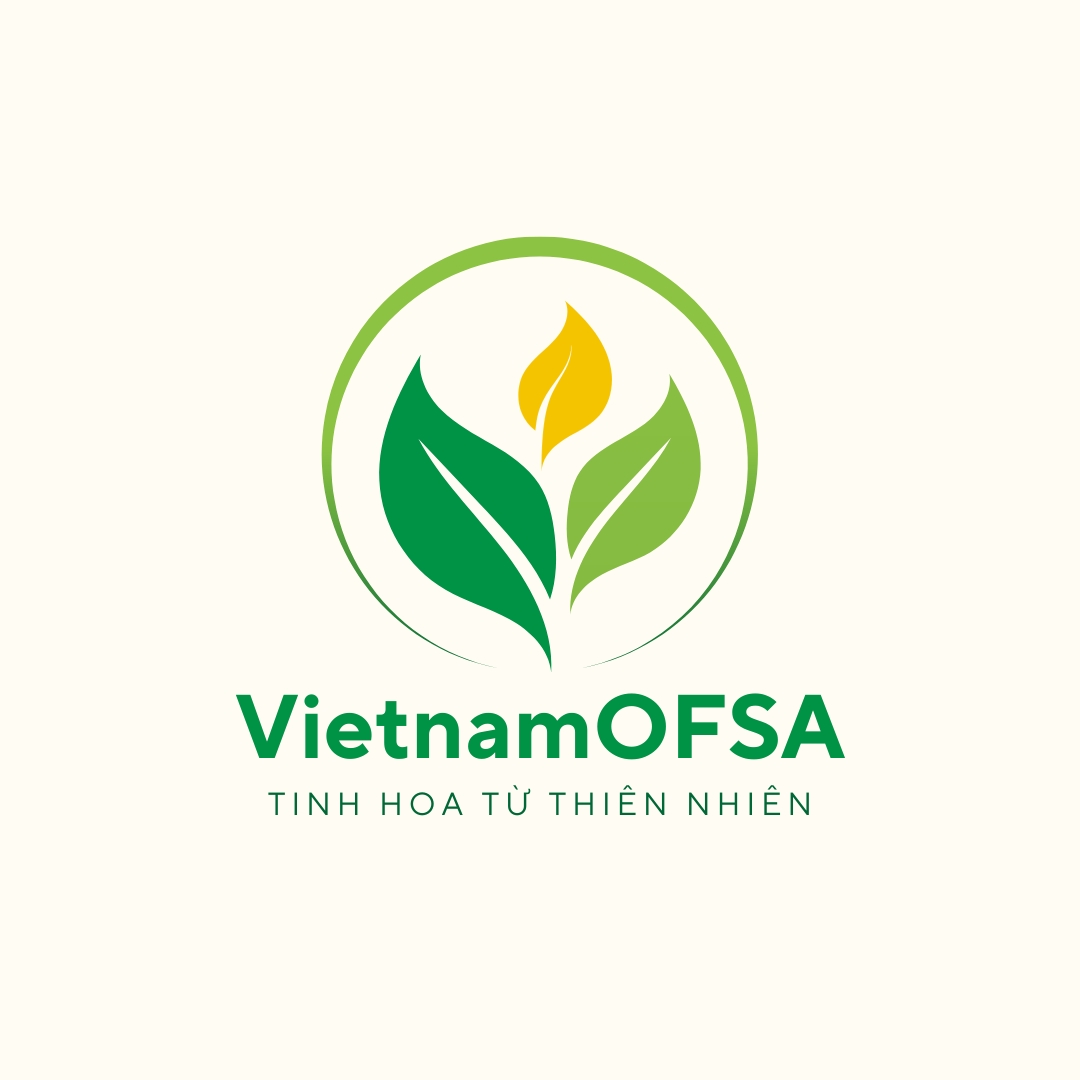








TUYỂN DỤNG MỚI
SẢN PHẨM
THÔNG TIN